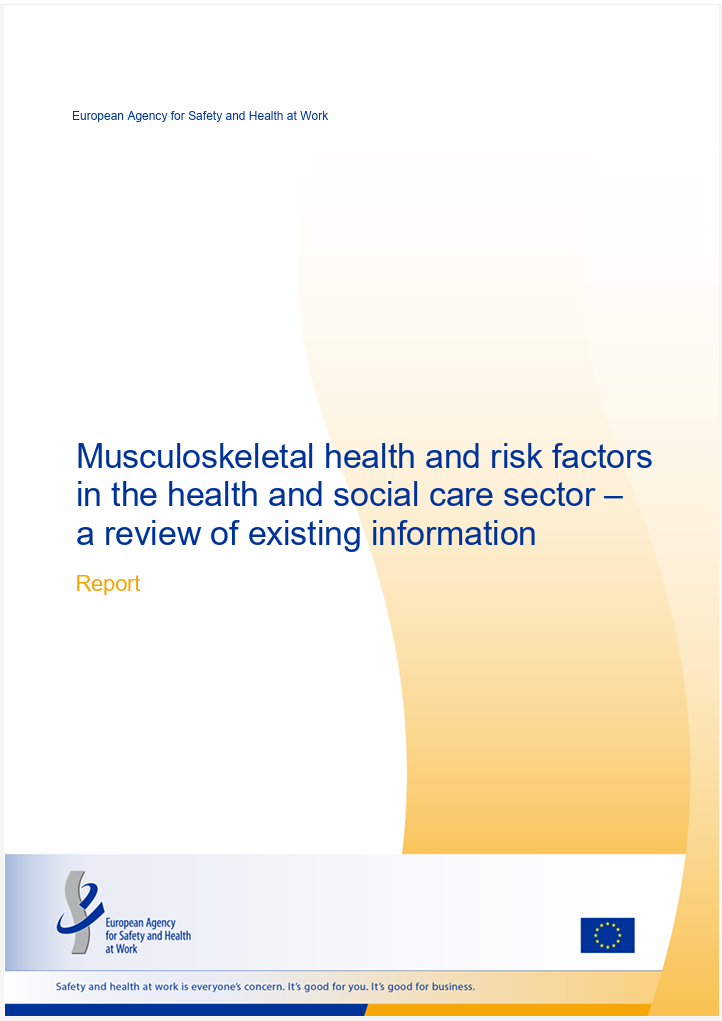Convenzione ILO C59 del 03 giugno 1937
ID 14131 | 25.07.2021
Convenzione ILO C59 Età minima (industria) (riveduta), 1937.
Ginevra, 03 giugno 1937
The General Conference of the International Labour Organisation, having been convened at Geneva by the Governing Body of the International Labour Office, and having met in its Twenty-third Session on 3 June 1937, and having decided upon the adoption of certain proposals with regard to the partial revision of the Convention fixing the minimum age for admission of children to industrial employment adopted by the Conference at its First Session, which is the sixth item on the agenda of the Session, and considering that these proposals must take the form of an international Convention, adopts this twenty-second day of June of the year one thousand nine hundred and thirty-seven the following Convention, which may be cited as the Minimum Age (Industry) Convention (Revised), 1937:
Article 1
1. For the purpose of this Convention, the term industrial undertaking includes particularly--
(a) mines, quarries, and other works for the extraction of minerals from the earth;
(b) industries in which articles are manufactured, altered, cleaned, repaired, ornamented, finished, adapted for sale, broken up or demolished, or in which materials are transformed; including shipbuilding, and the generation, transformation, and transmission of electricity and motive power of any kind;
(c) construction, reconstruction, maintenance, repair, alteration, or demolition of any building, railway, tramway, harbour, dock, pier, canal, inland waterway, road, tunnel, bridge, viaduct, sewer, drain, well, telegraphic or telephonic installation, electrical undertaking, gas work, waterwork, or other work of construction, as well as the preparation for or laying the foundations of any such work or structure;
(d) transport of passengers or goods by road or rail or inland waterway, including the handling of goods at docks, quays, wharves, and warehouses, but excluding transport by hand.
2. The competent authority in each country shall define the line of division which separates industry from commerce and agriculture.
Article 2
1. Children under the age of fifteen years shall not be employed or work in any public or private industrial undertaking, or in any branch thereof.
2. Provided that, except in the case of employments which, by their nature or the circumstances in which they are carried on, are dangerous to the life, health or morals of the persons employed therein, national laws or regulations may permit such children to be employed in undertakings in which only members of the employer's family are employed.
Article 3
The provisions of this Convention shall not apply to work done by children in technical schools, provided that such work is approved and supervised by public authority.
Article 4
In order to facilitate the enforcement of the provisions of this Convention, every employer in an industrial undertaking shall be required to keep a register of all persons under the age of eighteen years employed by him, and of the dates of their births.
Article 5
1. In respect of employments which, by their nature or the circumstances in which they are carried on, are dangerous to the life, health or morals of the persons employed therein, national laws shall either--
(a) prescribe a higher age or ages than fifteen years for the admission thereto of young persons or adolescents; or
(b) empower an appropriate authority to prescribe a higher age or ages than fifteen years for the admission thereto of young persons or adolescents.
2. The annual reports to be submitted under Article 22 of the Constitution of the International Labour Organisation shall include full information concerning the age or ages prescribed by national laws in pursuance of subparagraph (a) of the preceding paragraph or concerning the action taken by the appropriate authority in exercise of the powers conferred upon it in pursuance of subparagraph (b) of the preceding paragraph, as the case may be.
Article 6
1. The provisions of this Article shall be applicable in Japan in substitution for the provisions of Articles 2 and 5.
2. Children under the age of fourteen years shall not be employed or work in any public or private industrial undertaking, or in any branch thereof. Provided that national laws or regulations may permit such children to be employed in undertakings in which only members of the employer's family are employed.
3. Children under the age of sixteen years shall not be employed or work on dangerous or unhealthy work as defined by national laws or regulations in mines or factories.
Article 7
1. The provisions of Articles 2, 4 and 5 shall not apply to India, but in India the following provisions shall apply to all territories in respect of which the Indian Legislature has jurisdiction to apply them.
2. Children under the age of twelve years shall not be employed or work in factories working with power and employing more than ten persons.
3. Children under the age of thirteen years shall not be employed or work in the transport of passengers or goods, or mails, by rail, or in the handling of goods at docks, quays or wharves, but excluding transport by hand.
4. Children under the age of fifteen years shall not be employed or work:
(a) in mines, quarries, and other works for the extraction of minerals from the earth;
(b) in occupations to which this Article applies which are scheduled as dangerous or unhealthy by the competent authority.
5. Unless they have been medically certified as fit for such work:
(a) persons who have attained the age of twelve years but are under the age of seventeen years shall not be permitted to work in factories working with power and employing more than ten persons;
(b) persons who have attained the age of fifteen years but are under the age of seventeen years shall not be permitted to work in mines.
Article 8
1. The provisions of this Article shall be applicable in China in substitution for the provisions of Articles 2, 4 and 5.
2. Children under the age of twelve years shall not be employed or work in any factory using machines driven by motor power and regularly employing thirty persons or more.
3. Children under the age of fifteen years shall not be employed or work:
(a) in mines regularly employing fifty persons or more; or
(b) on dangerous or unhealthy work as defined by national laws or regulations in any factory using machines driven by motor power and regularly employing thirty persons or more.
4. Every employer in undertaking to which this Article applies shall keep a register of all persons under the age of sixteen employed by him, together with such evidence of their age as may be required by the competent authority.
Article 9
1. The International Labour Conference may, at any session at which the matter is included in this agenda, adopt by a two-thirds majority draft amendments to any one or more of the preceding Articles of Part II of this Convention.
2. Any such draft amendment shall state the Member of Members to which it applies, and shall, within the period of one year, or, in exceptional circumstances, of eighteen months, from the closing of the session of the Conference, be submitted by the Member or Members to which it applies to the authority or authorities within whose competence the matter lies, for the enactment of legislation or other action.
3. Each such Member will, if it obtains the consent of the authority or authorities within whose competence the matter lies, communicate the formal ratification of the amendment to the Director-General of the International Labour Office for registration.
4. Any such draft amendment shall take effect as an amendment to this Convention on ratification by the Member or Members to which it applies.
Article 10
The formal ratifications of this Convention shall be communicated to the Director-General of the International Labour Office for registration.
Article 11
1. This Convention shall be binding only upon those Members of the International Labour Organisation whose ratifications have been registered with the Director-General.
2. It shall come into force twelve months after the date on which the ratifications of two Members have been registered with the Director-General.
3. Thereafter, this Convention shall come into force for any Member twelve months after the date on which its ratifications has been registered.
Article 12
As soon as the ratifications of two Members of the International Labour Organisation have been registered, the Director-General of the International Labour Office shall so notify all the Members of the International Labour Organisation. He shall likewise notify them of the registration of ratifications which may be communicated subsequently by other Members of the Organisation.
Article 13
1. A Member which has ratified this Convention may denounce it after the expiration of ten years from the date on which the Convention first comes into force, by an act communicated to the Director-General of the International Labour Office for registration. Such denunciation shall not take effect until one year after the date on which it is registered.
2. Each Member which has ratified this Convention and which does not, within the year following the expiration of the period of ten years mentioned in the preceding paragraph, exercise the right of denunciation provided for in this Article, will be bound for another period of ten years and, thereafter, may denounce this Convention at the expiration of each period of ten years under the terms provided for in this Article.
Article 14
At such times as it may consider necessary the Governing Body of the International Labour Office shall present to the General Conference a report on the working of this Convention and shall examine the desirability of placing on the agenda of the Conference the question of its revision in whole or in part.
Article 15
1. Should the Conference adopt a new Convention revising this Convention in whole or in part, then, unless the new Convention otherwise provides:
(a) the ratification by a Member of the new revising Convention shall ipso jure involve the immediate denunciation of this Convention, notwithstanding the provisions of Article 13 above, if and when the new revising Convention shall have come into force;
(b) as from the date when the new revising Convention comes into force this Convention shall cease to be open to ratification by the Members.
2. This Convention shall in any case remain in force in its actual form and content for those Members which have ratified it but have not ratified the revising Convention.
Article 16
The French and English texts of this Convention shall both be authentic.
________
Versione non ufficiale
Fonte e Ratifica: Legge 02 Agosto 1952, n. 1305
Entrata in vigore: 21 febbraio 1941
Allegati
|
Descrizione |
Lingua |
Dimensioni |
Downloads |
 |
Abbonati Sicurezza Lavoro
|
EN |
292 kB |
0 |


































